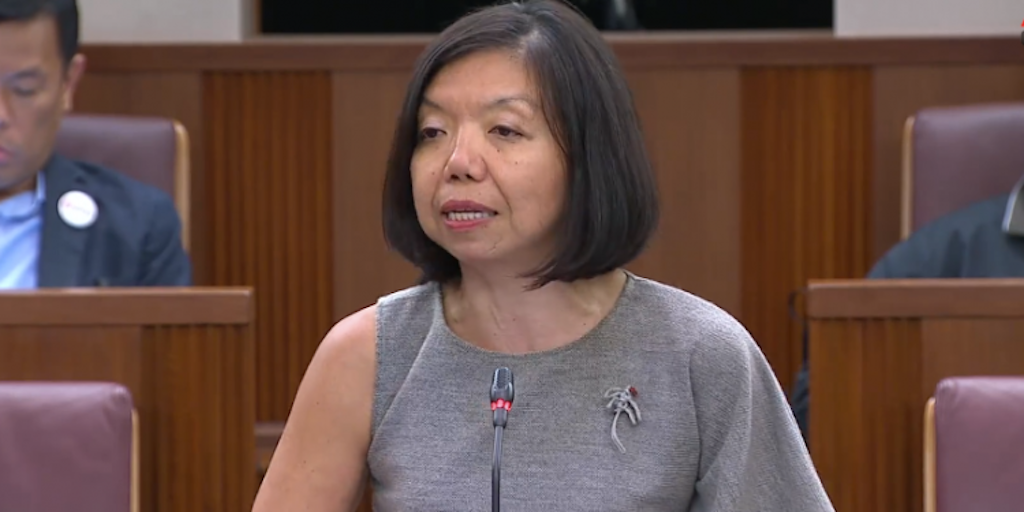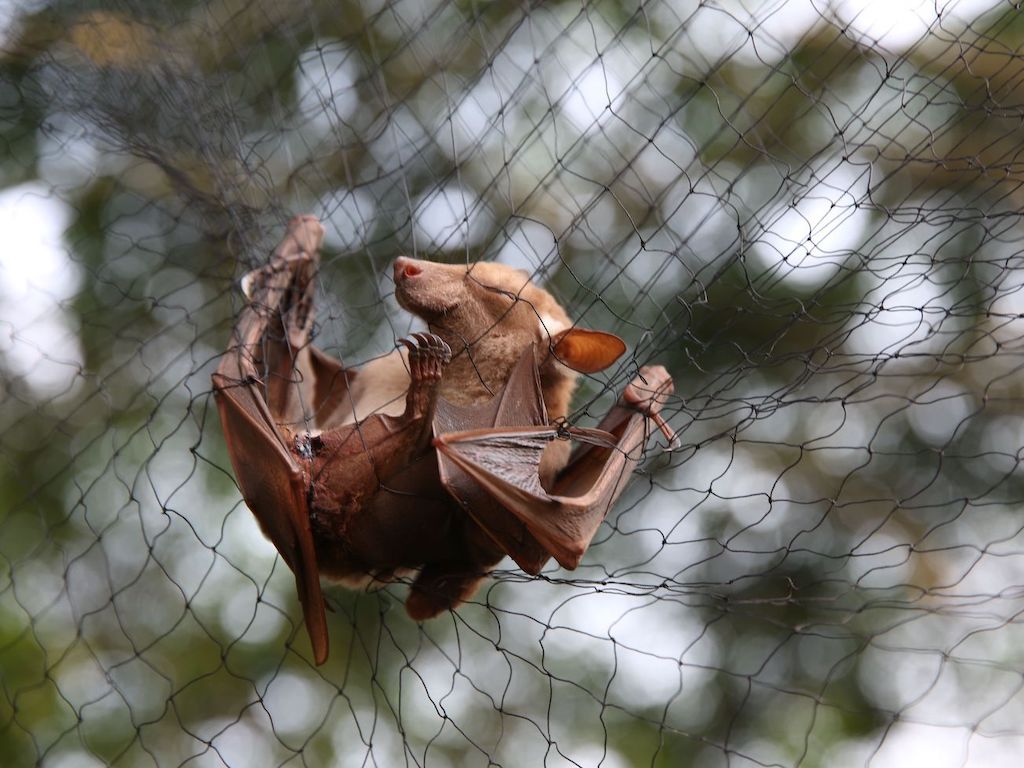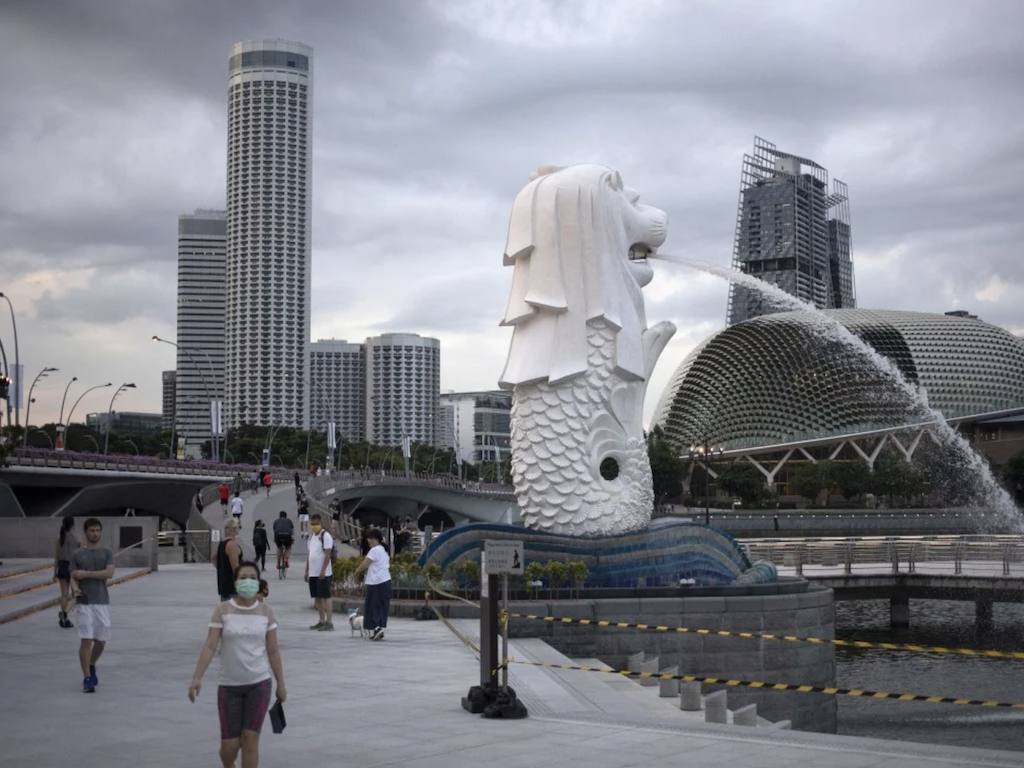4 Mins Read
Singapore’s coronavirus economic recovery team has recently been criticised for failing to include more female and sustainable business voices. The taskforce was set up to devise new strategies to reset the country’s development as pandemic restrictions begin to ease. Without more diverse voices and leaders in circular economy, critics say there is little chance for Singapore to turn the crisis into an opportunity for long-term positive change for people and the planet.
In May, the Singapore government announced the setting up of an Emerging Stronger Taskforce, which aims to help “refresh, reimagine or reset” the post-coronavirus economy. Recommendations from the taskforce will be implemented by the city-state’s Future Economy Council, a government-backed group of trade and business associations chaired by Singapore’s deputy prime minister and finance minister Heng Swee Keat.
Given the significant influence that the taskforce holds over government strategy during the rebuilding process from the pandemic, it is vital that the team represents all sections of the economy, particularly those that hold the key for crisis-resilient long-term development.
The current taskforce features 15 establishment industry figures, among them include the Asia head of dirty energy giant Exxon Mobil Gan Seow Kee, chief executive of DBS Piyush Gupta, real estate giant CapitaLand’s chief Lee Chee Koon and Tan Chin Hwee, the head of commodity firm Trafigura. It is co-chaired by 2 additional government leaders.
Anthea Ong, member of Singapore’s parliament, was quick to note that the team “represented industries that we have traditionally treated as pillars of our current economic structure” and largely excluded any sustainable businesses.

In order to create a more flexible economy that can absorb shocks and rebound from the pandemic, argued Ong, the taskforce needs to include a wider range of stakeholders, including green and smaller businesses as well as citizens. “I believe that if we sideline these views now, we are sabotaging our own futures, and those of our children’s,” Ong said.
Since Ong’s comments, an open letter has been published and signed by more than 45 individuals representing 35 nonprofit social enterprises, urging for more diverse representation of gender, climate-safe businesses and vulnerable sectors of society in the taskforce.
The call to prioritise building a sustainable economy has been backed by the world’s leading multinationals. Earlier in May, over 150 multinationals worth US$2.4 trillion – among them Unilever, H&M and Adobe – signed a joint statement to urge governments all over the world to align their recovery efforts with climate science and called for net-zero emissions to be at the heart of all coronavirus rebuilding packages.
Current climate science is clear that the world must put an end to the destruction of nature if we are to have a chance at avoiding deadlier and more frequent pandemics and climate-related disasters. Some governments have already put these recommendations to practice, such as Amsterdam’s local authorities who have ditched traditional financial metrics for a new “doughnut” economic model, a system ensuring environmental sustainability while keeping poverty at bay.
Not only does the taskforce only exclude green innovations and circular economy voices, Ong highlighted that the overwhelming majority of the figures were men. Out of the 17 people on the team, only 2 were female voices.

For many environmental advocacy groups, the diversity of the taskforce is crucial to both gender equality and achieving climate justice. Xinying Tok, a representative from climate action organisation Climate Conversations, told Eco Business that “having the right mix of voices as part of the reimagining of our economy, is an important ingredient in ensuring the lessons of social resilience from Covid-19 are integrated into future planning.”
In addition to facing the disproportionate impacts from the pandemic, from decimated work opportunities and significant increase in care work at home, women also face dual vulnerabilities as a result of climate change. Gendered poverty means that women are confronted with a heightened risk to extreme weather events, putting them on the frontlines of the challenges that a climate-stricken world will bring.
And despite being in a unique position to provide practical solutions and policy suggestions from both the viewpoint of public health and the climate crisis, women remain an untapped resource if their voices continue to be underrepresented in mainstream political influence and decision-making.
A recent report released by global consultancy McKinsey confirms the business case for diversity in economic planning. Analysts found that profitability remains a robust reason for companies to prioritise diversity, equity and inclusion, and advised firms to put this at the forefront of their business strategy as the world begins its recovery from the coronavirus pandemic.
Similar calls have been made by the world’s leading female leaders in a new Rise for All campaign, which calls for countries to support the socioeconomic response to people most vulnerable to the coronavirus, often women and migrant communities.
Lead image courtesy of EPA.



